Powdery mildew is a widespread fungal disease that poses a significant threat to grape production. Caused by the fungus Erysiphe necator, it can lead to substantial yield losses and affect grape quality, posing a significant challenge for vintners.
At R & D Solutions, we were approached by an agrochemical company seeking to test the effectiveness of a new biocontrol product designed to manage powdery mildew. Our extensive experience with grapevine management and our proficiency in conducting field trials made us an ideal partner for this task.
Objective:
The objective of the field trial was to evaluate the efficacy of the new biocontrol product in controlling grape powdery mildew under field conditions.
Trial Design:
The trial was designed as a randomized complete block design, with each block containing untreated control vines and vines treated with the new biocontrol product. Several conventional fungicides were also included in the trial for comparison.
To ensure the robustness of the results, the trial was conducted across multiple vineyards, each presenting different microclimatic conditions, and replicated multiple times at each site.
Trial Procedure:
We began the field trial early in the grape growing season, just before the typical onset of powdery mildew. The vines were monitored daily for the appearance of powdery mildew symptoms.
Upon the first signs of disease, we initiated treatments. The biocontrol product and the conventional fungicides were applied according to their recommended usage rates. The treatment was repeated at intervals based on the product labels and the disease progression.
Throughout the trial, our team carefully monitored the vines for disease symptoms. We also monitored environmental conditions, as changes in weather can significantly affect disease progression and the efficacy of treatments.
Data Collection and Analysis:
Our team collected data on disease severity, disease incidence, and grape yield and quality. The disease severity and incidence data provided insights into the efficacy of the treatments in controlling powdery mildew. The yield and quality data helped determine whether the treatments had any impact on grape production.
The collected data was subjected to statistical analysis. The effectiveness of the biocontrol product was compared to the untreated control and the conventional fungicides.
Outcome:
The results of the field trial provided valuable insights into the performance of the new biocontrol product. It demonstrated a comparable efficacy to the conventional fungicides in controlling powdery mildew, without any adverse effects on grape yield or quality.
The data generated from the trial was instrumental in supporting the product’s registration process and helped the agrochemical company make evidence-based decisions regarding the product’s commercialization.
In summary, this field trial exemplifies how R & D Solutions can assist clients in evaluating the effectiveness of new agrochemical products. Through rigorous trial design, careful execution, and thorough data analysis, we provide reliable insights that drive product development and contribute to the success of our clients in the agrochemical industry.
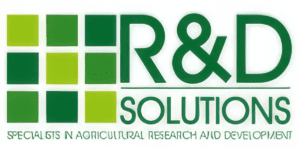
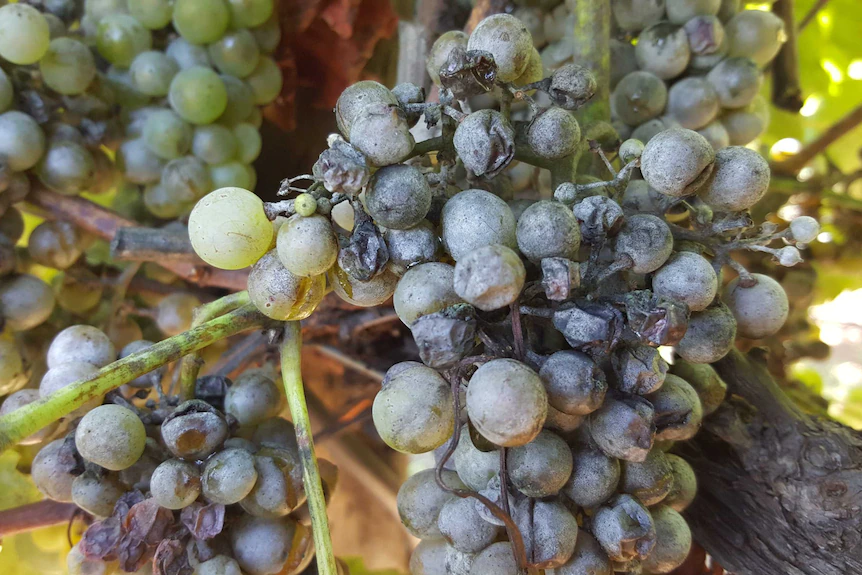
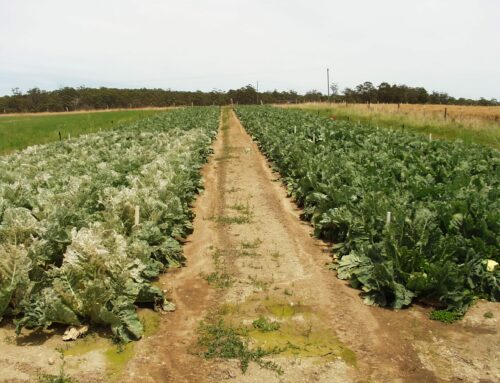
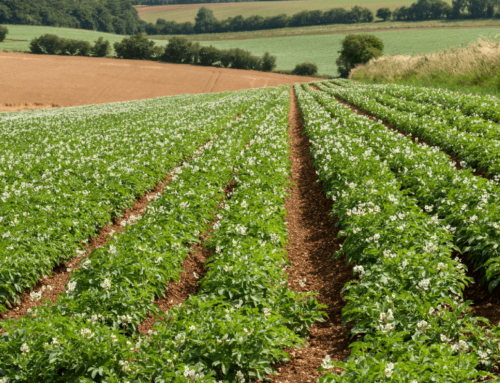

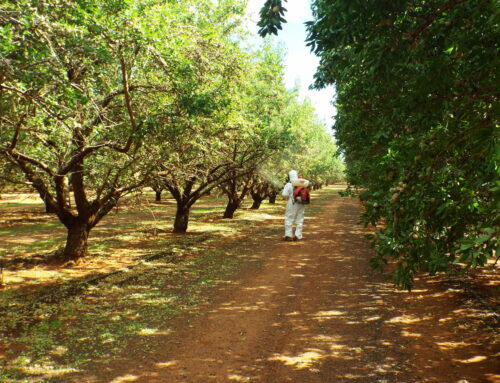
Leave A Comment